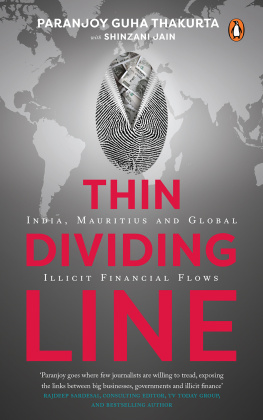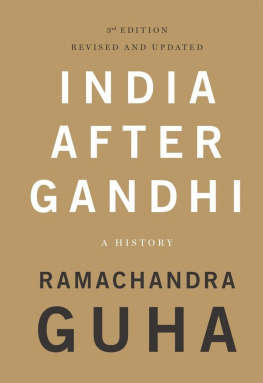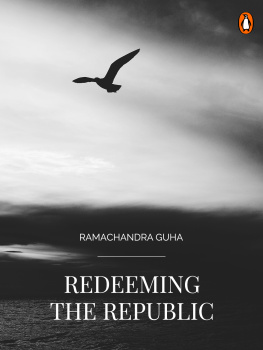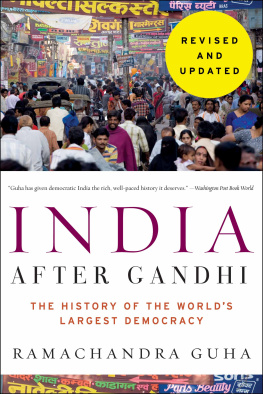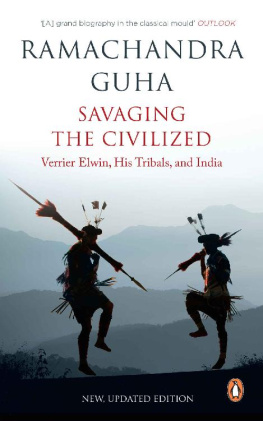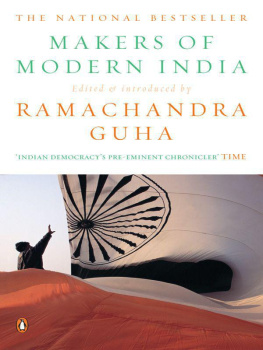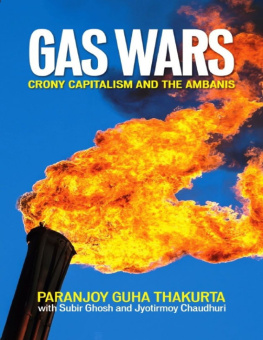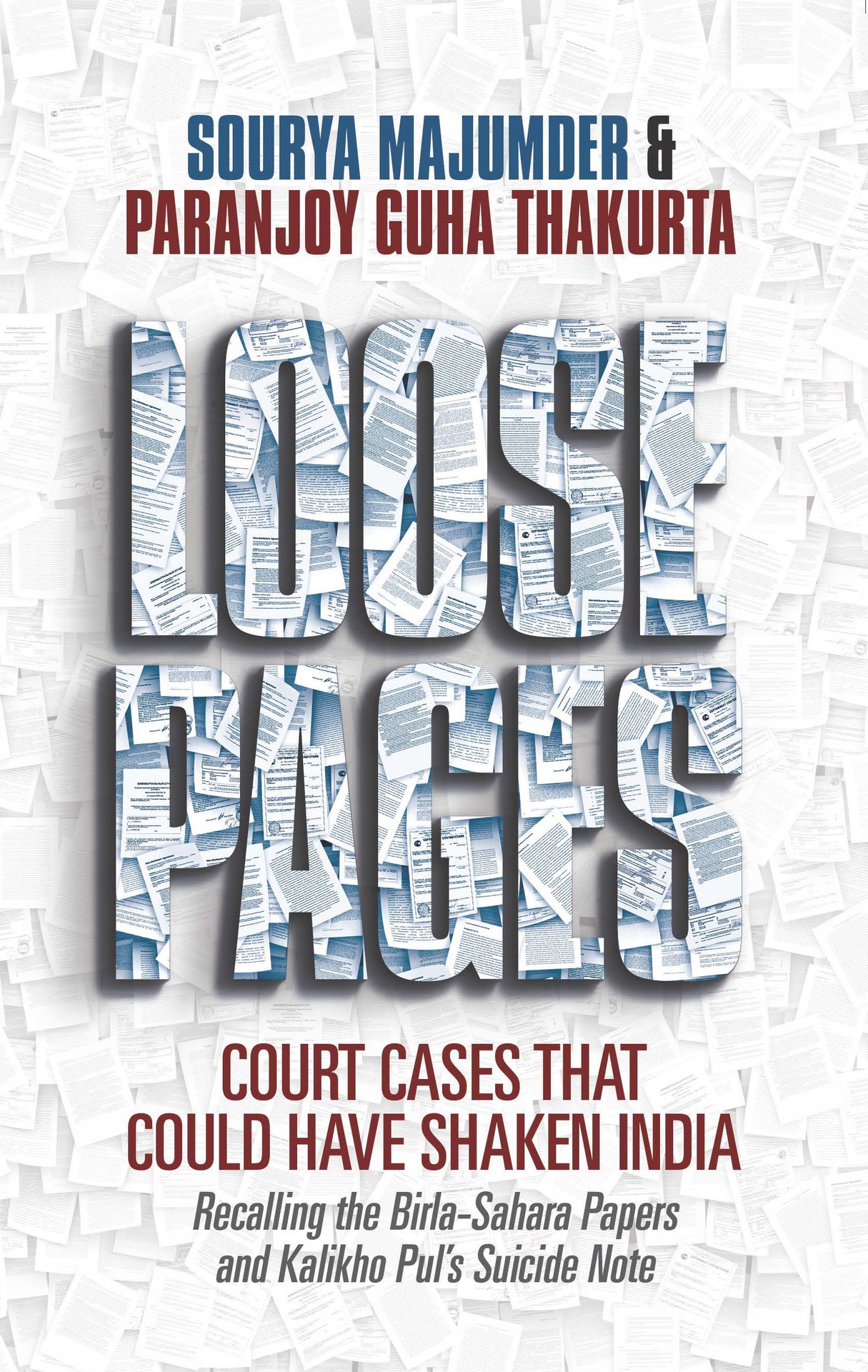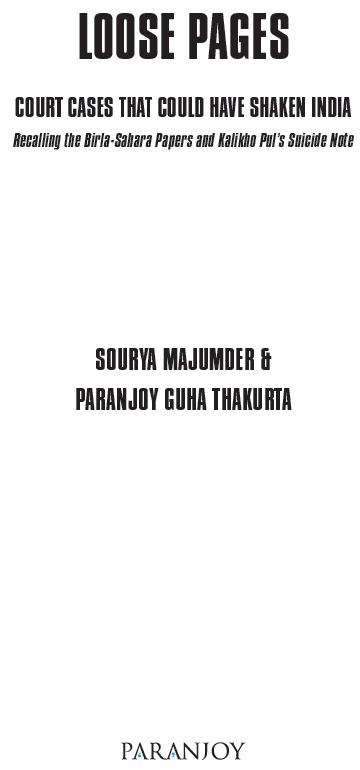By taking up three cases: the Birla papers, the Sahara papers and Puls note, (the writers) have conclusively demonstrated the nexus between politicians, businessmen, lawyers, judges, and by our silence, journalists. The nexus is at every level, institution and region... it cuts across political parties and professions... This book documents well ... the premises underlying reforms (which) have turned out to be wrong... The cancer cells are spread by the doctors themselves.
Arun Shourie ,
Former Union Minister and Editor
What is the ultimate message? That certain people in this country are above the law and they are untouchable... The worrying part is that the courts are reluctant to deal with this.
Justice Ajit Prakash Shah ,
Former Chief Justice, Delhi High Court and Chairman, Law Commission of India
This book... is an absolutely fascinating account which will be important for every person who wants to understand not only the state of corruption in the country but also the manner in which courts deal with such cases and the conflicts of interest that are involved. This is a book which is highly relevant for our contemporary times since it sheds important and fascinating light on some of the most powerful players in the country... I would recommend this book to every citizen who is concerned about the state of our institutions and the future of India.
Prashant Bhushan ,
Advocate, Supreme Court of India
This book is undoubtedly a well-researched one... It clearly manifests a situation where the citizenry has to wake up and be counted. It provides ample material for such awakening and is a must read.
Dinesh Dwivedi ,
Senior Advocate, Supreme Court of India
Loose Pages is essentially an excellent work of investigative journalism that adds another chapter to the story of Indias age of crony capitalism...In uncovering every aspect of this unsavoury set of findings what Sourya Majumder and Paranjoy Guha Thakurta have really done is to show (yet again) the rotten insides of Indias state machinery of a dysfunctional government which is incapable or unwilling to act against crony capitalism.
Alok Prasanna Kumar ,
Advocate and Columnist
In what way does this period, under the Modi administration since 2014, differ from what has preceded it? I think the simple answer is that we have lost all sense of shame... this lack of shame is today apparent in every aspect of public life. What this book documents is that the lack of shame ... pervades every aspect of this government.
Hartosh Singh Bal ,
Political Editor, Caravan
This book... is a document that implicates both the countrys biggest parties... The issue it speaks of is almost in the design of liberal democracies... The structures that give rise to a nexus that affects the environment, the daily lives of ordinary people and everyday governance ... This document... shows how our institutions have failed us spectacularly... The only thing left is for writers and journalists to document this and take it to the people.
Karuna Nandy ,
Advocate, Supreme Court of India
Sourya and Paranjoy have produced a fascinating work of investigative journalism... They weave an intricate tapestry which depicts a dystopian image of an ecosystem in which you see the various organs of the state and big business in an illicit relationship... The book raises some difficult questions to which there are no easy answers but the very act of formulating those questions... constitutes the first step in our collective quest for a solution.
Kamal Jaswal ,
Retired Civil Servant
Loose Pages is a rough guide to Indian democracy or what ails it. The book shows how easily the political class, their crony capitalists, top investigators, and even the courts, can ignore the obvious. The book presents a mountain of documentary proof for readers to figure out if it really amounts to what the court termed as zero evidence. There is nothing new about businessmen bribing politicians but Loose Pages shows that the degree of their audacity is simply breathtaking. Nothing is impossible: dubious acronyms can replace obvious ones; damning evidence of bribery can be rejected and the flimsiest of excuses accepted; a simple demand for an investigation involving top politicians from the ruling party can be seen as attempted subversion; and unaccounted money running into crores of rupees duly recovered in income tax raids can be returned for bizarre reasons. The authors are uniquely qualified to join the dots between systematic treachery, prejudices, and the sheer brazenness of public servants who are paid from our hard-earned money to uphold the rule of law.
Vipul Mudgal , Director, Common Cause
Table of Contents
ABMCPL: | Aditya Birla Management Corporation Private Limited |
ABRL: | Aditya Birla Retail Limited |
BJP: | Bharatiya Janata Party |
BJD: | Biju Janata Dal |
CAG: | Comptroller and Auditor General of India |
CBDT: | Central Board of Direct Taxes |
CBEC: | Central Board of Excise and Customs |
CBI: | Central Bureau of Investigation |
CCI: | Competition Commission of India |
CEC: | Central Empowered Committee |
CJAR: | Campaign for Judicial Accountability and Reforms |
CJI: | Chief Justice of India |
COMPAT: | Competition Appellate Tribunal |
CPIL: | Centre for Public Interest Litigation |
CVC: | Central Vigilance Commission |
DRI: | Directorate of Revenue Intelligence |
EC: | environmental clearance |
ED: | Enforcement Directorate |
FEMA: | Foreign Exchange Management Act |
FICCI: | Federation of Indian Chambers of Commerce and Industry |
FIR: | first information report |
GoM: | Group of Ministers |
ITSC: | Income Tax Settlement Commission |
MCA: | Ministry of Corporate Affairs |
MLA: | Member of Legislative Assembly |
MoEF: | Ministry of Environment and Forests |
MoC: | Ministry of Coal |
MP: | Member of Parliament |
NCLAT: | National Company Law Appellate Tribunal |
NJAC: | National Judicial Appointments Commission |
PIL: | public interest litigation |
PMLA: | Prevention of Money Laundering Act |
RBI: | Reserve Bank of India |


